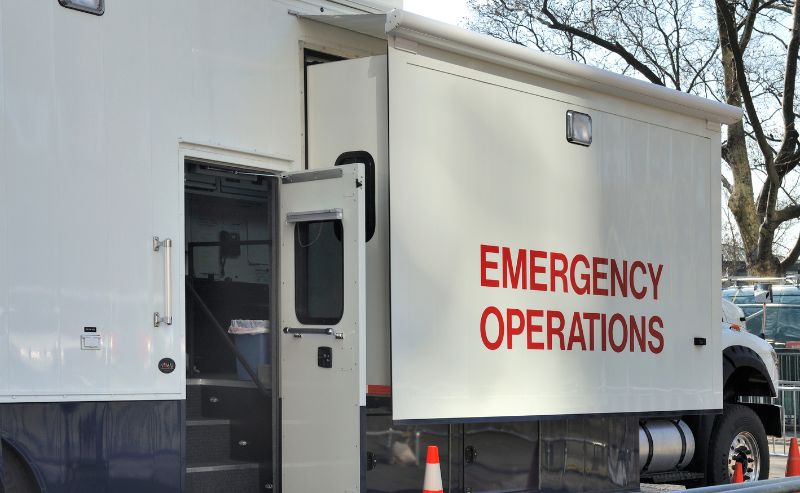Having a continuity of operations plan (COOP) to ensure the continued performance of essential functions in an emergency or disruption is one thing; ensuring its chance of succeeding, or its viability, is another.
All COOPs, as explained by FEMA, have certain elements in common. Among them are delegations of authority, succession planning, alternate facilities, interoperable communications, vital records and databases, human capital, plans for devolution and reconstitution, and a test, training, and exercise program, or TTE.
A TTE program allows organizations to validate plans, policies, procedures, and capabilities for continuity and identify resource requirements, capability strengths/gaps, and areas for improvement. Following is an explanation of all three TTE components:
TTE Program, Test
A test evaluates a capability against an established and measurable standard. The key word in this definition, per FEMA, is capability. Tests are conducted to assess capabilities, not personnel. From a COOP perspective, tests are an excellent way to evaluate functions such as connectivity for communications, procedures for alerts and notifications, methods for deployment, etc.
TTE Program, Training
Training related to COOP planning encompasses a range of activities, each intended to provide information and refine skills. It typically involves instruction in core competencies and is the principal means by which individuals achieve proficiency. Commonly offered by training are the tools needed to accomplish a goal, meet a program requirement, or acquire a specific capability.
TTE Program, Exercise
FEMA describes exercises as events that allow participants to apply their skills and knowledge to improve operational readiness and planners to evaluate the effectiveness of previously conducted test and training activities. The goal of exercises is to strengthen an agency’s mission capability.
There are several types of COOP-related exercises, as explained below, but the one(s) chosen by an organization should be based upon specific TTE program goals.
- Seminars: Informal discussions designed to orient participants to new or updated plans, policies, or procedures
- Workshops: Similar to seminars, but intended to build specific products, such as a draft plan or a training and exercise schedule
- Tabletop exercises: Discussion-based, low-stress exercises where a facilitator guides team members through discussions about their roles and responses to one or more scenarios
- Functional exercises: Operations-based exercises that allow personnel to validate plans and organizational readiness by performing their duties in a simulated operational environment
- Full-scale exercises: Operations-based, high-stress exercises that involve real-time operations movement of personnel and resources to validate plans, policies, and procedures
In today’s world, many public and private sector organizations are finding they need more resources to follow through on their COOP’s TTE program. This leaves the door open for plan-related details to become outdated, or worse, obsolete, resulting in unnecessary delays, breakdowns in communication, etc., in a real-life event.
An emergency or disruption is no time for an organization to find itself without a current and actionable COOP plan. At BOLDplanning, a division of Agility, we urge continuity planners to advocate for the people, time, money, etc., needed to support TTE program initiatives. There will likely be a lot of nos along the way, given today’s staffing shortages and budget cuts, but each yes will move your organization one step closer to continuity and resilience.






